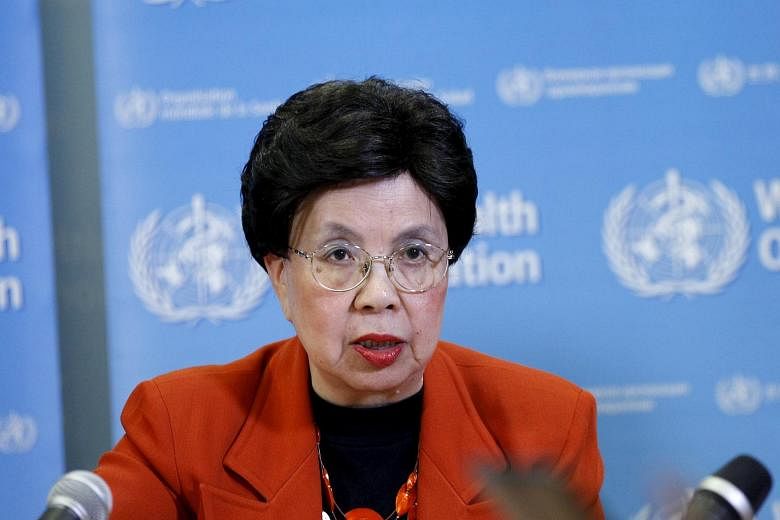GENEVA • A World Health Organisation (WHO) emergency committee has begun meeting to decide whether a Zika outbreak suspected to have caused a surge in birth defects in South America should be declared a global health emergency.
The United Nations health agency warned last week that the mosquito-borne virus was "spreading explosively" in the Americas, with the region expected to see up to four million cases this year.
The WHO is under pressure to act quickly in the fight against Zika, after admitting it was slow to respond to an Ebola outbreak that ravaged parts of west Africa.
An emergency declaration would channel more money, resources and scientific expertise to combat the Zika virus. There is no cure yet and experts have said it would take more than a year to develop a vaccine.
While it has yet to be proven definitively that the Zika virus is linked to a surge in cases of microcephaly - a devastating condition in which a baby is born with an abnormally small head and brain - WHO chief Margaret Chan warned last week that the causal relationship was "strongly suspected". Zika is also suspected of links to a neurological disorder called Guillain- Barre syndrome.
Colombia said over the weekend that it has 20,297 confirmed Zika cases, among them 2,116 pregnant women, making it the second most affected country.
Brazil, where 1.5 million people may be infected with Zika, has recorded nearly 4,000 microcephaly cases. Concerns have been amplified as Rio de Janeiro will be hosting the Olympics in August, when about half a million tourists are expected to visit the Brazilian city.
Amid alarm over the surge in microcephaly cases, some South American countries have urged women to delay conceiving.
Jitters over Zika have spread far beyond the affected areas to Europe and North America, where dozens of cases have been identified among people returning from vacation or business abroad.
The WHO emergency committee meeting, which began yesterday, involves 12 members who are experts in epidemiology, public health and infectious diseases from the Americas, Europe, Asia and Africa. A news briefing will be held today at the earliest.
The WHO has declared a public health emergency only three times: In 2009 for the H1N1 swine flu pandemic, in 2014 for a polio resurgence in Syria and other countries, and for the Ebola outbreak.
Dr Peter Piot, director of the London School of Hygiene and Tropical Medicine who co-discovered the Ebola virus, said the WHO had "dropped the ball" on Ebola, when it took five months for the epidemic to be declared an emergency.
He told BBC Radio that he expected a rapid response this time.
"I have all confidence that they will declare this a public health emergency," he said.
AGENCE FRANCE-PRESSE, REUTERS
SEE WORLD, OPINION

